Good Strategy necessary when seeking Australian Visa, says Immigration Lawyer
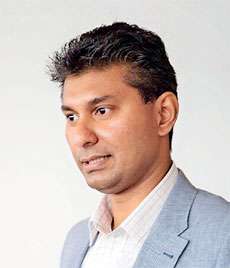 Mr Dinesh Iriyagolla Weerakkody, Solicitor and Barrister and Immigration Lawyer working in Australia spoke to The Sunday Times on the process of obtaining an Australian Visa and requirements for a prospective Visa Applicant. Mr Weerakkody, who studied at Deakin University and then admitted to the Supreme Court of Victoria, strongly recommends any visa applicant to plan ahead and map a strategy for immigrating to Australia, preferably with guidance from a qualified Immigration Lawyer or registered Visa Agency.
Mr Dinesh Iriyagolla Weerakkody, Solicitor and Barrister and Immigration Lawyer working in Australia spoke to The Sunday Times on the process of obtaining an Australian Visa and requirements for a prospective Visa Applicant. Mr Weerakkody, who studied at Deakin University and then admitted to the Supreme Court of Victoria, strongly recommends any visa applicant to plan ahead and map a strategy for immigrating to Australia, preferably with guidance from a qualified Immigration Lawyer or registered Visa Agency.
Noting that Australian Immigration Law is complex and may vary for different States, occupations or visa types, he says it is important to consider where the applicant would plan to study and work and whether they fulfill the necessary requirements for the Visa they seek. While there are many Visa agencies that offer assistance to get an Australian Visa, Mr Weerakkody warned applicants to check if the agencies are qualified and registered, stating that in Australia 70% of Visa Agencies do not renew their registrations while the number of Visa agencies continue to rise. He recommended a qualified Immigration Lawyer, who would have more knowledge about Australian Immigration Law and Policy.
Explaining the process for obtaining a student visa, he says that students will have to write a statement for the Genuine Temporary Entrant Requirement, that will evaluate if the student has a genuine interest to study the intended course and whether they will genuinely stay in Australia temporarily. He noted that job experience or additional qualifications in the intended stream of study would better a students chances to be considered a Genuine Student, while also helping them receive the Confirmation of Enrollment (CoE) from the University they plan to study in.
He also warned prospective students on selecting the University or Educational Institute they plan on pursuing their studies in, noting that while Australia has world-class Higher Education Institutes, an unrecognised University may adversely affect a student’s chances when obtaining a Visa, while providing insecurity in their future of the course they study in if the Educational institute becomes bankrupt. When considering Permanent Residency Status, a concern for many prospective Sri lankan Visa applicants, he says it is important to consider where you study and work, which may give more points towards Permanent Residency.
Working or studying in Designated Regional Areas, a specific term in Australian Law, can contribute more points, but he advises to cross-check with the postcodes of the place you live in to ensure it is designated as a regional area. He also said that all occupations in the Australian Skilled Occupation List have potential for Permanent Residence, however it may depend on demand for occupation and area of work. He noted that many occupations, not just highly-skilled jobs, have potential to be accepted for Permanent Residence depending on demand.
Finally, Mr Weerakkody advises successful Visa Applicants to research on Australian Criminal Law and Traffic laws, which are often very different to those in Sri Lanka. Being charged with a criminal offense may affect your Visa status and your position in the Educational Institute you study in or Employer you work in. A criminal record would also make it much more difficult to pass the Citizenry Assessment if you seek to become an Australian Citizen, he says.
Sadisha Saparamadu
















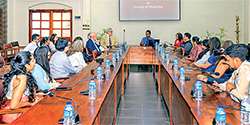



















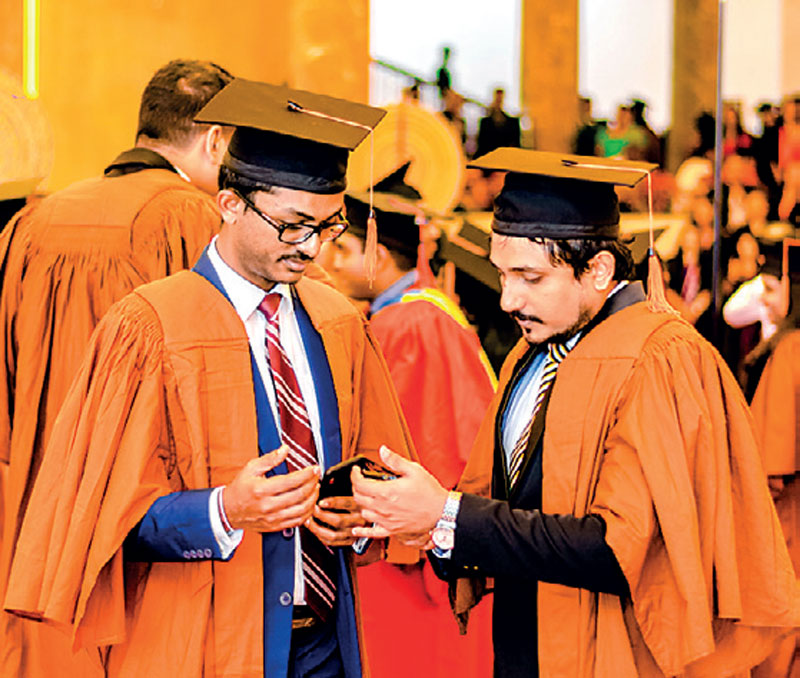

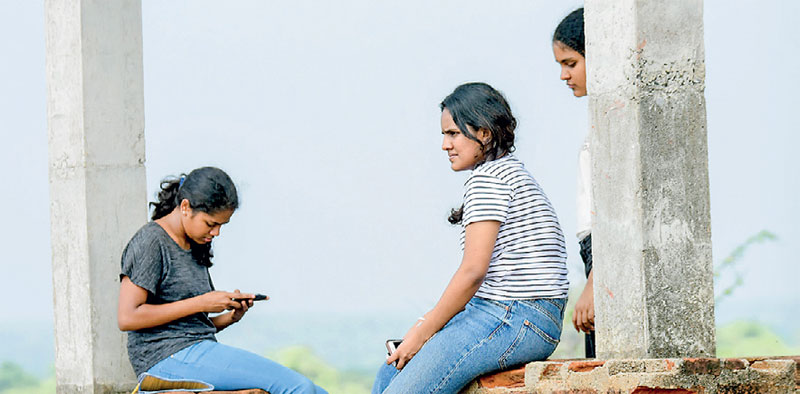
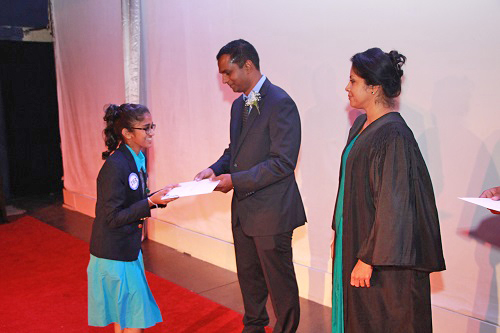
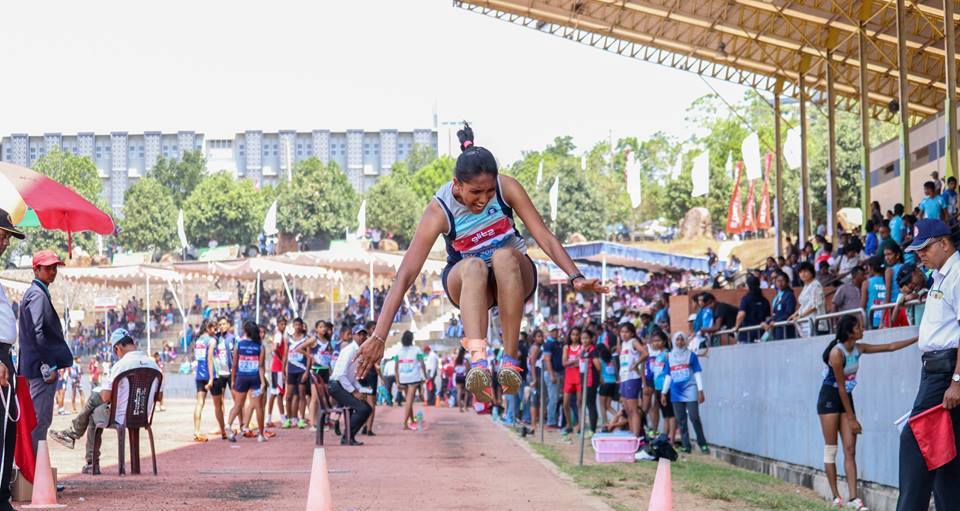
.jpg)

.jpg)
.jpg)
.jpg)
.jpg)
